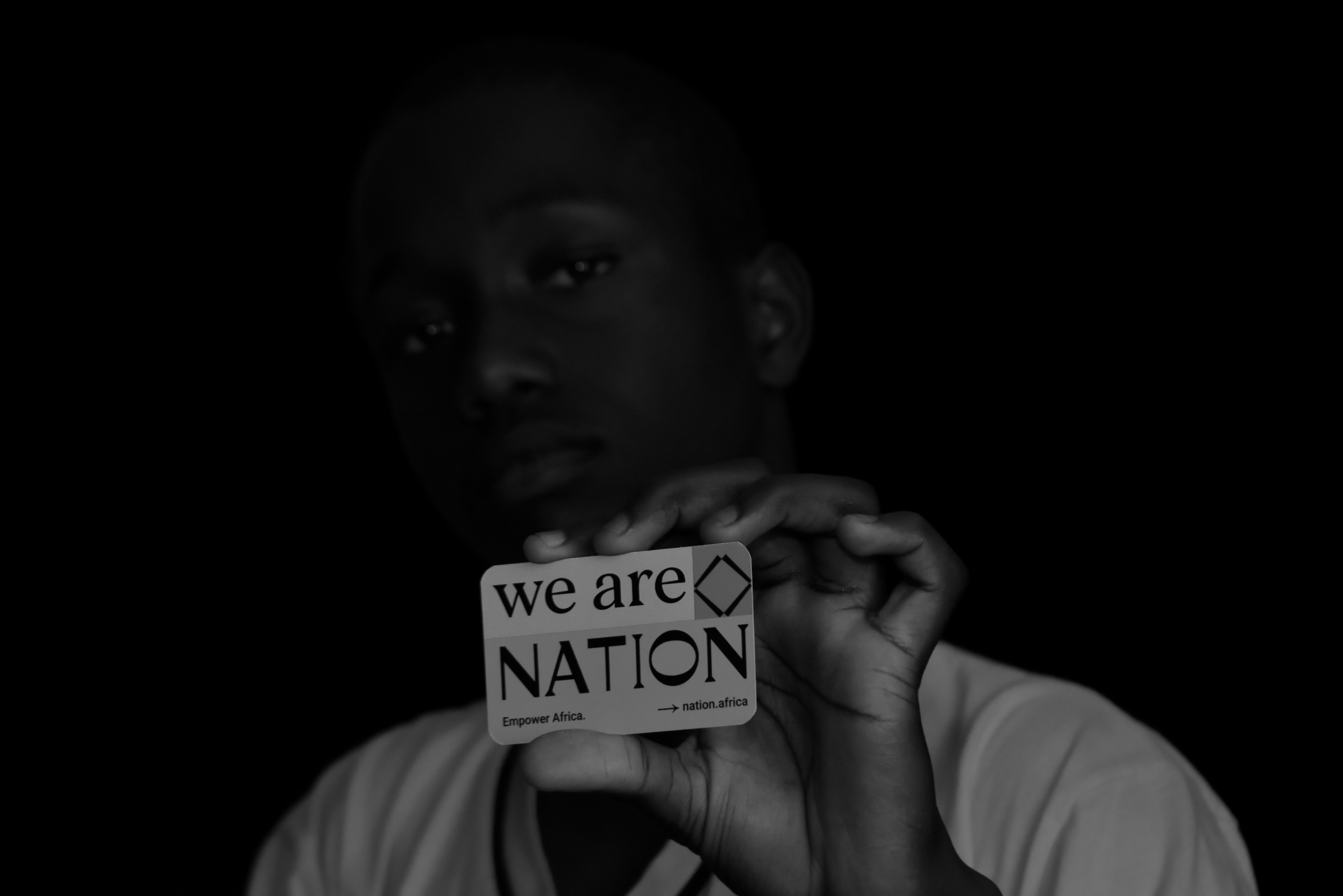
Introduction to China’s Soft Power in Africa
As China continues to expand its influence globally, its engagement with Africa has taken center stage. The focus on soft power—non-coercive influence—positions China to develop strong relationships across the continent. One avenue through which China can cultivate this influence is by establishing its model of soft power through non-governmental organizations (NGOs).
Why NGOs are Key in Building Soft Power
Non-governmental organizations play a critical role in bridging cultural and social gaps. They offer a platform for China to introduce its values, culture, and development philosophies in a manner that resonates with African nations. By actively supporting local initiatives and addressing community needs, Chinese NGOs can foster goodwill and mutual understanding.
Implementing a Unique Approach to Soft Power
China’s approach to soft power in Africa does not have to replicate Western norms; instead, it can draw on its unique characteristics. Through collaborative projects, educational exchanges, and cultural representations, China can create a distinct identity that appeals to African countries. By leveraging its economic resources, China can help develop critical sectors such as healthcare, education, and infrastructure, establishing a foundation for long-term relationships.
In conclusion, by utilizing NGOs as instruments of soft power, China can create a collaborative model in Africa that is beneficial for both parties. This approach not only builds China’s influence but also provides tangible benefits to African communities, fostering meaningful and lasting partnerships.
Discover more from Techtales
Subscribe to get the latest posts sent to your email.